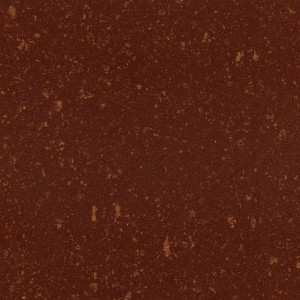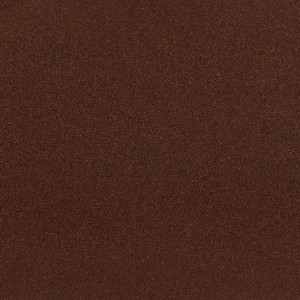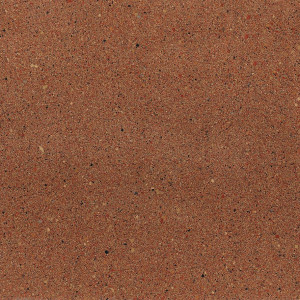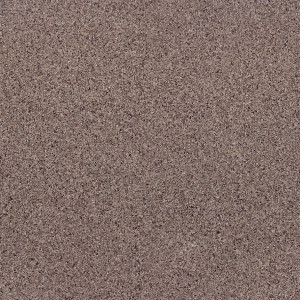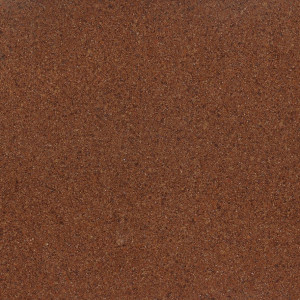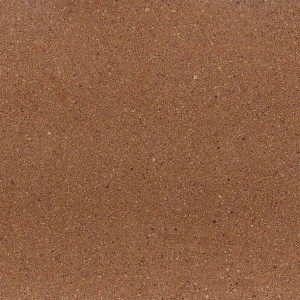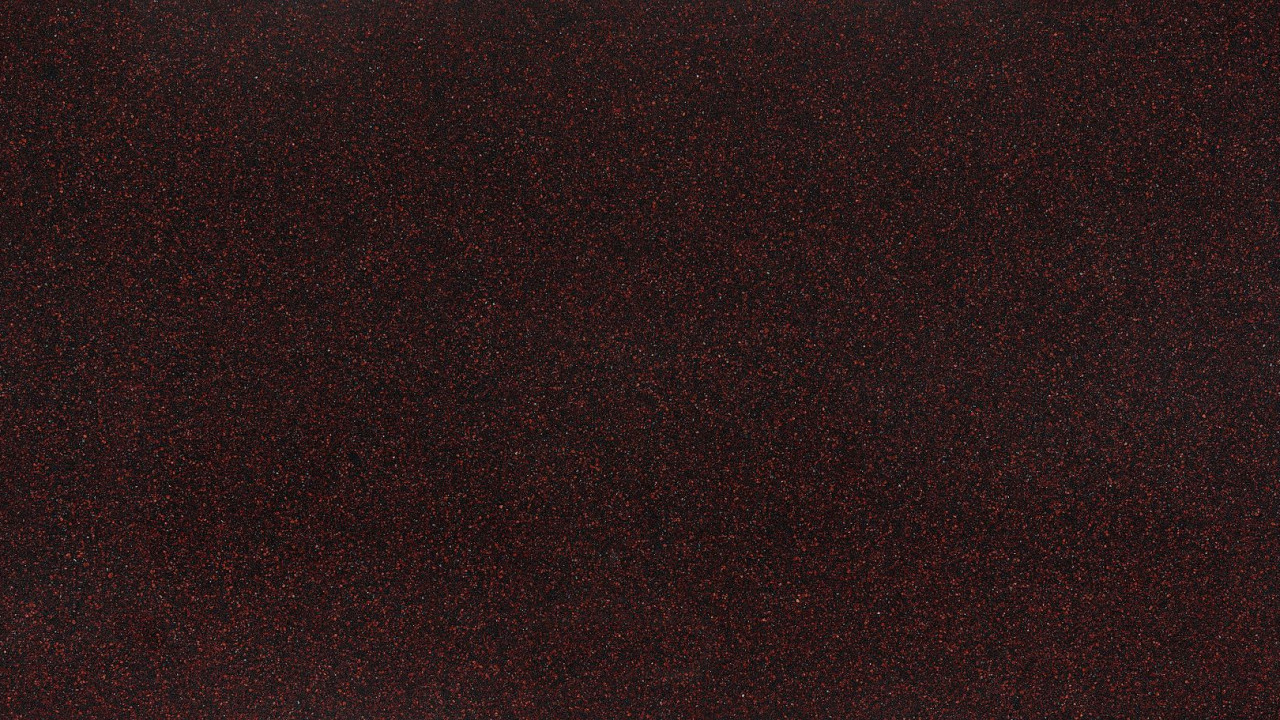
Willshire Red Quartz
Wilshire Red is a dark quartz surface with palatable red specks. The quartz surface is a dramatically designed stone with extravagant displays of white flecks. While the Wilshire Red is expected to astonish those that encounter its wild portrayal, the home design will require certain specifications to match the tones that you’re trying to suitably match with the surface.
Homeowners that want a bold addition to their home interior and to incorporate an emboldened statement throughout their spaces. The Wilshire Red is named after the region with the same name in South England. For the homeowners that prefer these color palettes and combinations, the Wilshire Red will be a perfect addition for decorative and ornamental purposes to assess the contrast of your interior decor. Homeowners that want an explosive design can expect to opt for the Wilshire Red. This stone is known for its balanced portrayal, blending in different effects to display a surface with an innovative immersion into the kind of flair that you’d expect in eclectic homes. A stone that could work well with the colors of your fireplace, the natural light coming from the flames would radiate and reflect off the Wilshire Red.
Material Type: Quartz
Country of origin: Other
Colors: Red, White, Black
- 1. Do quartz countertops need to be sealed?
- Quartz is a non-porous material and therefore it does not need to be sealed.
- 2. Is quartz heat resistant?
- While quartz countertops can withstand some heat, it is always recommended to use trivets when placing hot objects on quartz countertops.
- 3. Can I cut on a quartz countertop?
- Quartz is scratch resistant, however it is always recommended to use a cutting board when cutting on the countertops.
- 4. Is quartz stain resistant?
- Yes, unlike natural stone, quartz is resistant to most common types of stains.
- 5. Where can I install quartz?
- Quartz can be installed on most surfaces around the home, including kitchen countertops, backsplashes, vanity tops and more.
- 1. Do you provide free samples? How many samples can I take?
- At marble.com samples are free, and we encourage our clients to take up to ten samples per visit.
- 2. What materials can I find at your facilities?
- All Marble.com facilities carry slabs of granite, quartz, quartzite, marble, soapstone, slate, limestone, and travertine. Our Ridgefield Park yard has the largest selection, also offering slabs of gemstone, porcelain, and glass.
- 3. Why should I see a slab in person?
- Since every slab of natural stone is completely unique, we recommend visiting one of our facilities to see slab patterns and variations in person.
- 4. Where does your material come from?
- At marble.com we source our stone only from the most reputable quarries from around the globe, including those from Italy, Spain, Brazil, and India.
- 5. Why is some stone more expensive than others?
- Stone slabs that are extremely rare and boast unique colors tend to be more expensive than commonly found stone.
- 6. Do I have to seal natural stone?
- We do recommend sealing natural stone countertops periodically, the frequency of sealing the stone depends on the material.
- 7. What is a honed finish?
- A honed stone finish refers to the smooth, matte surface of the material, which creates a visibly lighter and softer tone. While honed finish might be an ideal design choice for some homeowners, it also makes the stone more susceptible to staining and etching.
- 8. Can a chip on my countertop be repaired?
- Most chips, smaller than a dime in diameter, can be repaired by the homeowner using a chip repair kit. We do recommend professional service care for larger chips.
- 9. Can I install my own countertops?
- We recommend professional installation, completed by our trained technicians for all major projects, however some smaller pieces may be installed by the customers.




 Facebook
Facebook
 Twitter
Twitter
 E-mail
E-mail
 LinkedIn
LinkedIn
 Pinterest
Pinterest

